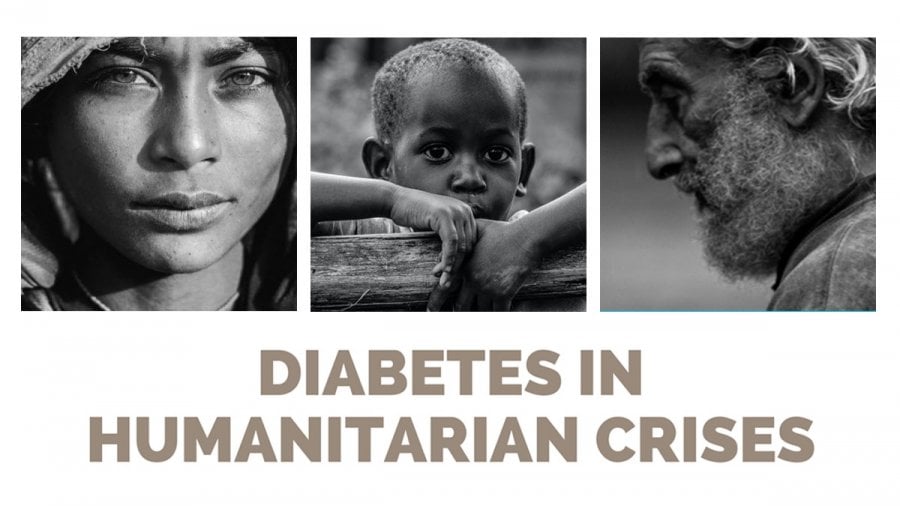
For the first time ever, diabetes has cracked the WHO’s list of the top 10 leading causes of death around the world. However, half of people in need still do not have access to insulin. Diabetic care and insulin access are further complicated in humanitarian crises, where patient registries can be non-existent and low or unstable resources disrupt continuity of care.
From December 11 - 13, we partnered with the International Alliance for Diabetes Action (IADA) to host the 2nd Annual Symposium on Diabetes in Humanitarian Crises.
If you missed the symposium or our live tweets, here’s a list of three key take-aways:
- As one of the discoverers of insulin was reported to have said: “Insulin belongs to the world”. Unfortunately, insulin access is not the only problem. Consensus is needed on insulin storage solutions to ensure that quality insulin can be provided. Bundling and pooling can simplify procurement processes for insulin administration equipment, diagnostics, and self-monitoring tools. Continuous glucose monitoring (CGM) devices could be leveraged in situations where blood glucose strips cannot be properly maintained, and affordable alternatives to human insulin are vital.
- Better data is needed to understand the true prevalence of diabetes in humanitarian settings. We need this data to support funding applications, resource allocation, and determine where innovative practices and integration can be applied.
- We must maintain a patient-centered approach not only in clinical care but in advocacy and study design. Patient perspectives add a compelling human voice, and the needs of patients should drive the research and subsequent policies.
You can follow the #DiabetesinCrises on twitter to catch up on the key activity from the symposium.
Written by the CGCC Student Liaison Officers.
Our postgraduate taught courses provide health practitioners, clinicians, policy-makers, scientists and recent graduates with a world-class qualification in public and global health.
If you are coming to LSHTM to study a distance learning programme (PG Cert, PG Dip, MSc or individual modules) starting in 2024, you may be eligible for a 5% discount on your tuition fees.
These fee reduction schemes are available for a limited time only.
